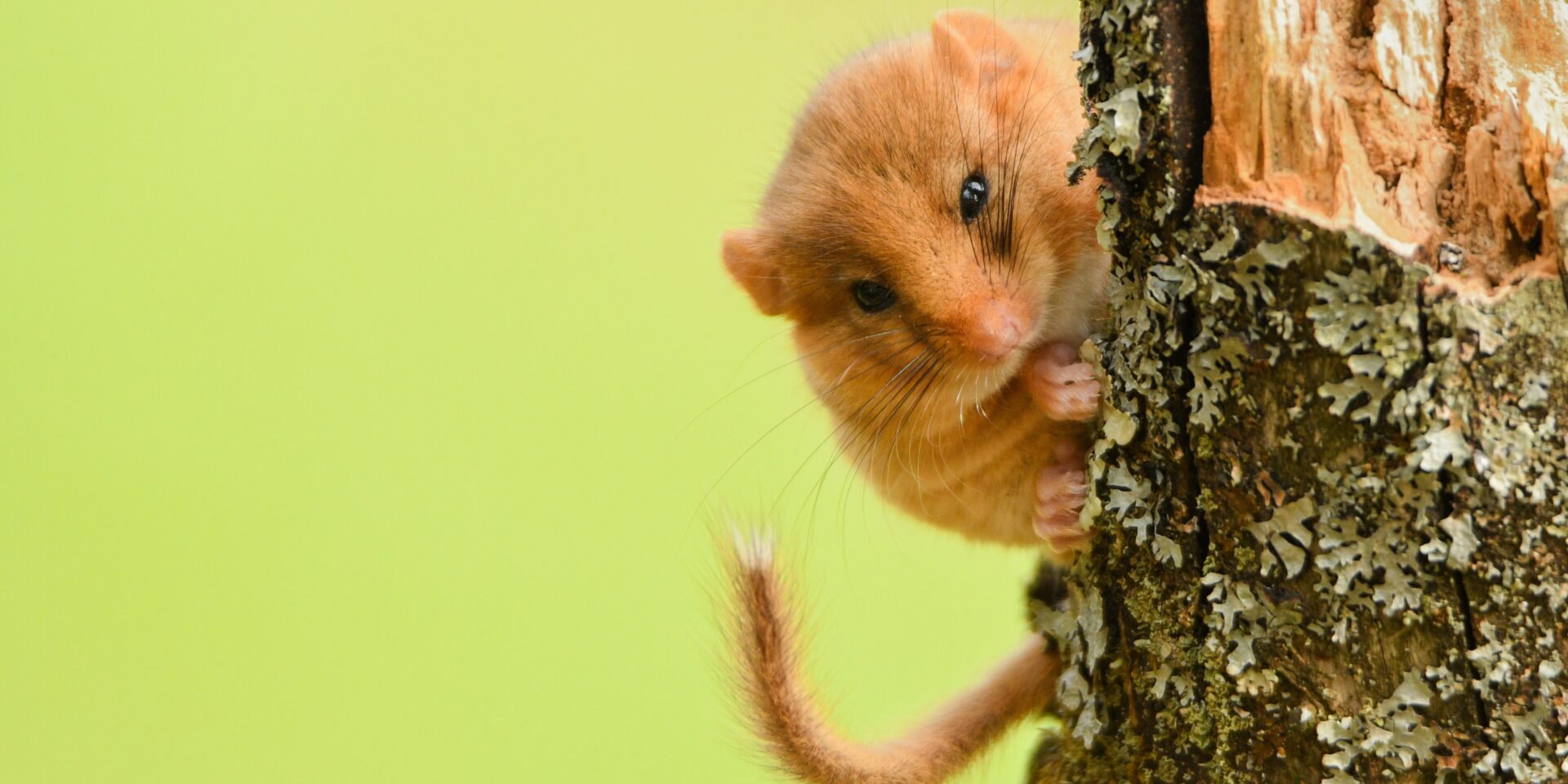This one-day course runs from approximately 09:30 to 16:30 and is recognised as the definitive course on dormouse ecology, survey and monitoring. Ideal for those with a general interest, or working towards their Dormouse Handling Licence.
The course will be held at the Somerset Wildlife Trust Office in Callow Rock and includes information on relevant legislation, dormouse ecology and conservation, survey techniques and habitat management theory.
Please note, although the trainer is unable to give participants a reference for a licence on the day, they may be able to sign off up to four boxes on their dormouse training log, depending on competency demonstrated on the day.
A CPD certificate will be sent, on request, after the course.
Refreshments will be provided on the day, but participants must bring their own lunch.
There will be a field element to this course in which delegates will be led into a woodland and the trainer will carry out a nest box search. Although there are dormice known in the woodland, we cannot guarantee seeing one on the day. As there is a risk of COVID 19 transmission from humans to small mammals we ask delegates to test beforehand if possible and to let us know if you are showing any symptoms before arrival.
Participants are recommended to bring sturdy shoes on the day as the woodland has a steep entry.
Trainer: David Wells
Accessibility:
We are committed to ensuring the accessibility of our training courses. If you require accommodations or have any accessibility concerns, please contact Fiona (training@themammalsociety.org) in advance, and we will be happy to assist you.
For booking terms and conditions click here.
*Please note - If not enough delegates book on to this course it may be postponed with two weeks notice, this is because we are a small charity and need to make sure our events are viable.

